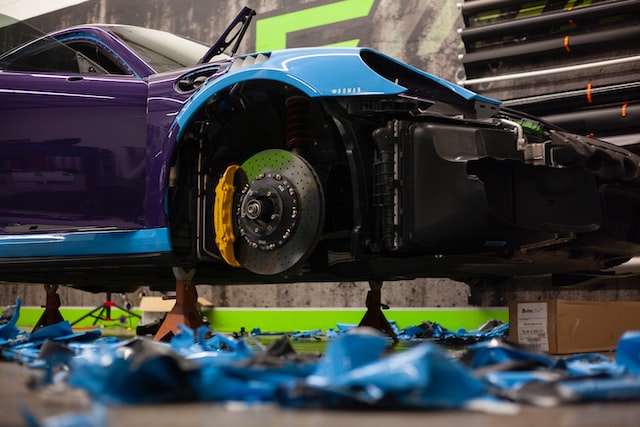Your car is your lifeline. It’s the means by which you get from point A to point B, and it’s a crucial part of your everyday life. But like with any other important piece of machinery, your car needs regular care and attention to stay running smoothly. In this blog post, we will discuss some common car problems and how to avoid them. We’ll also provide some warning signs that you should watch out for so that you can take preventative measures before something goes wrong.
What are the most common car problems?
There are a number of common car problems that can occur, and if left untreated they can lead to bigger problems. Here are the most common car problems and their warning signs:
1. Engine Trouble
One of the first things you should do when you notice an engine problem is to get your vehicle checked out by a mechanic. If the problem is minor, it may be fixed without any further ado. However, if the issue is more serious, it may require a trip to the repair shop or even a replacement engine.
2. Drivingmissile
If your car begins to drive erratically or seems to be struggling to go anywhere, it might be time for a tune-up or even a new set of tires. Driving difficulties could also be caused by something as simple as low air pressure in your tires or an issue with your steering system.
3. Brake Problems
If you’re noticing a decrease in braking power or sudden stopping during difficult manoeuvres, it might be time to have your brakes checked out. A malfunctioning brake pedal could also lead to this type of issue. In extreme cases, brake failure can cause accidents.
4. Issues with Cooling System
If your car is overheating quickly or becoming too hot to operate, there may be an issue with your cooling system. This is often due to a broken fan belt or clogged AC unit filter; either of which can necessitate repairs. Other potential causes include
How can you avoid them?
When you’re driving, it’s important to be aware of the warning signs that can indicate a car problem. Here are five to watch out for:
1. A Warning Light Is Blinking: Many cars will have one or more warning lights that will blink when something is wrong with the car. If a light is blinking, it means that there is an issue with the car and you should take it to a mechanic as soon as possible.
2. The Car Is Making Strange noises: Another indicator that something may be wrong with your car is if it starts making strange noises. These could include knocking sounds, grinding noises, or rattling noises. If you notice these sounds happening, take your car in for inspection as soon as possible.
3. The Vehicle stalls Out: Finally, if your car consistently stalls out or won’t start at all, this could be an indication that there is a problem with the engine or transmission. You should bring your car in for inspection right away so that the issue can be addressed properly.
4. There Are Significant Damages: If there are significant damages to your vehicle, this could be another sign that something might not be right with it. Make sure to take pictures of any damage so you have proof of what happened if you need to file a claim later on.
5. The Oil Is Leaking: It’s also important to check the oil levels in your vehicle regularly because oil can spill from broken engines and find the melbourne best car service company of liquidr to complete all your car services.
Warning signs to watch out for
If you’re like most drivers, you may not think about your car’s problems until they’ve caused you some trouble. But there are a few warning signs to watch out for that could indicate your car is in trouble. Here are four of the most common:
1. Your car won’t start. If you’ve gone a long time without being able to get your car started, it may be time for a tune-up or replacement of your battery.
2. Your car is making abnormal noise or vibrations. This could be a sign that your engine is going bad, and you might need to replace it sooner rather than later.
3. The oil light comes on regularly. This could be an indication that your engine is burning oil too quickly, and you’ll need to take action to fix the issue as soon as possible.
4. You notice significant wear and tear on important parts of your car. This can mean that something is wrong with the structural integrity of the vehicle, such as faulty suspension or brakes. If this situation doesn’t improve over time, it might be time to have the entire vehicle replaced.





